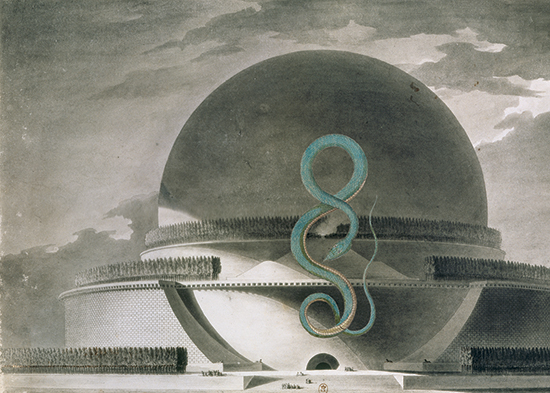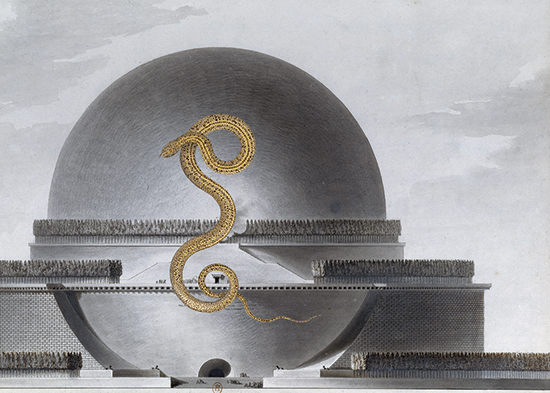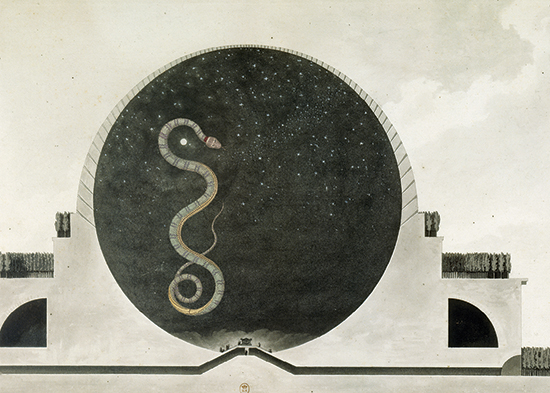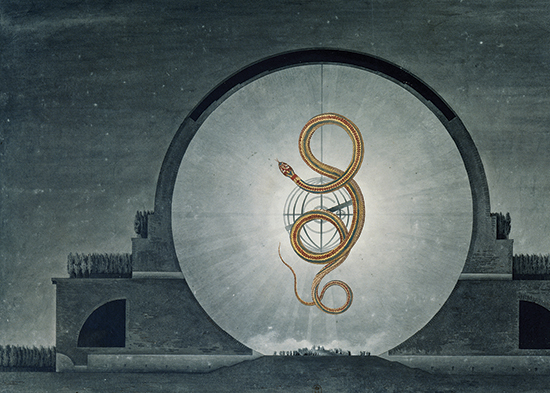'Confessions' by Bella Li
First
That I have written, of places I have not been. To Carthage I came, where there sang around me in my ears a cauldron of unholy loves. And in the vast courts of memory, the caverns of the mind. I have heard great waves upon the shore, I have remembered what it is. In other ears: the scaling of heights. These circuits of stars, compass and pass by.
Second
That what I have seen I have seen from houses. That in my father’s house was a strange unhappiness. That I had searched for it, in my life, in the hollows of doors, that I had found it, that it had found in my home. And in my home I had neither rest nor counsel. The days, the soul of man riveted upon sorrows; now and then the shadow of a woman, in the far corners of the house.
Third
That I walked, under the trees on the boulevards, in a mysterious darkness. Through the stone city, these streets I have seen only from houses. Towards darkness I have dared. In the provinces, under the fall of leaves, and the dream moved me more than the dream itself.
Fourth
That I have been foolish. That I have loved, and Thou in me, Thou also. That I have loved not yet, having loved those that must die. Forgetting the friendship of perishable things. So in acts of violence – iniquity. As if she had appeared in the room; this place to which she would never come. While the days darkened and an ill wind stirred. I walked the streets, my heart, as if seized. I could not. I could no longer think of anything else.
Fifth
That when the time came – remembering distinctly the afternoon: I was then some six or seven and twenty years old, reading those volumes, revolving within me corporeal fictions. I had broken this view often, into its corporeal fictions. That day, in the afternoon, I had sat beneath the frame of the door, with the view, with those volumes, six or seven or twenty. I had wept, against the frame, I had read – I had in the afternoon asked: heal Thou all my bones.
Sixth
There are sounds I do not hear. Sometimes, at the edge of water and surrounded by trees.
Seventh
That I would grow old. At the entrance to the avenue of oaks, in those meadows, before the ponds. Foretelling, in great detail and with gravity, transits of the luminaries. And out of them, my hope from my youth: in what year and month of the year, and what day of the month, and what hour of the day, and what part of its light.
Eighth
That the entire forest was plunged as though under a sea. As at the beginning of the world, as if there were only the two. So was I speaking, when – with a more premeditated return, with more precision, as though upon a crystal glass – I asked my soul, why she was so. Over the forest did my heart then range. I shut the book. And I cannot say from which country, which time, I cannot say from which it came.
Ninth
That at the end I do not recollect if I am what I say. That I was grieved. And whatever I beheld was death.
Tenth

Eleventh

Twelfth

Thirteenth

Bella Li
Notes
Phrases were sourced from the following texts: Marcel Proust, The Way by Swann’s, translated by Lydia Davis (London: Penguin Books, 2002); The Confessions of Saint Augustine, translated by Edward Bouverie Pusey (London: John Henry Parker, 1838).
Images for collages were sourced from the following texts: Albertus Seba, Cabinet of Natural Curiosities (1734–1765; Den Haag, Koninklijke Bibliotheek, Shelf 394 B 26-29); Étienne-Louis Boullée, Cénotaphe de Newton (1785; National Library of France).









Leave a comment
If you are an ABR subscriber, you will need to sign in to post a comment.
If you have forgotten your sign in details, or if you receive an error message when trying to submit your comment, please email your comment (and the name of the article to which it relates) to ABR Comments. We will review your comment and, subject to approval, we will post it under your name.
Please note that all comments must be approved by ABR and comply with our Terms & Conditions.